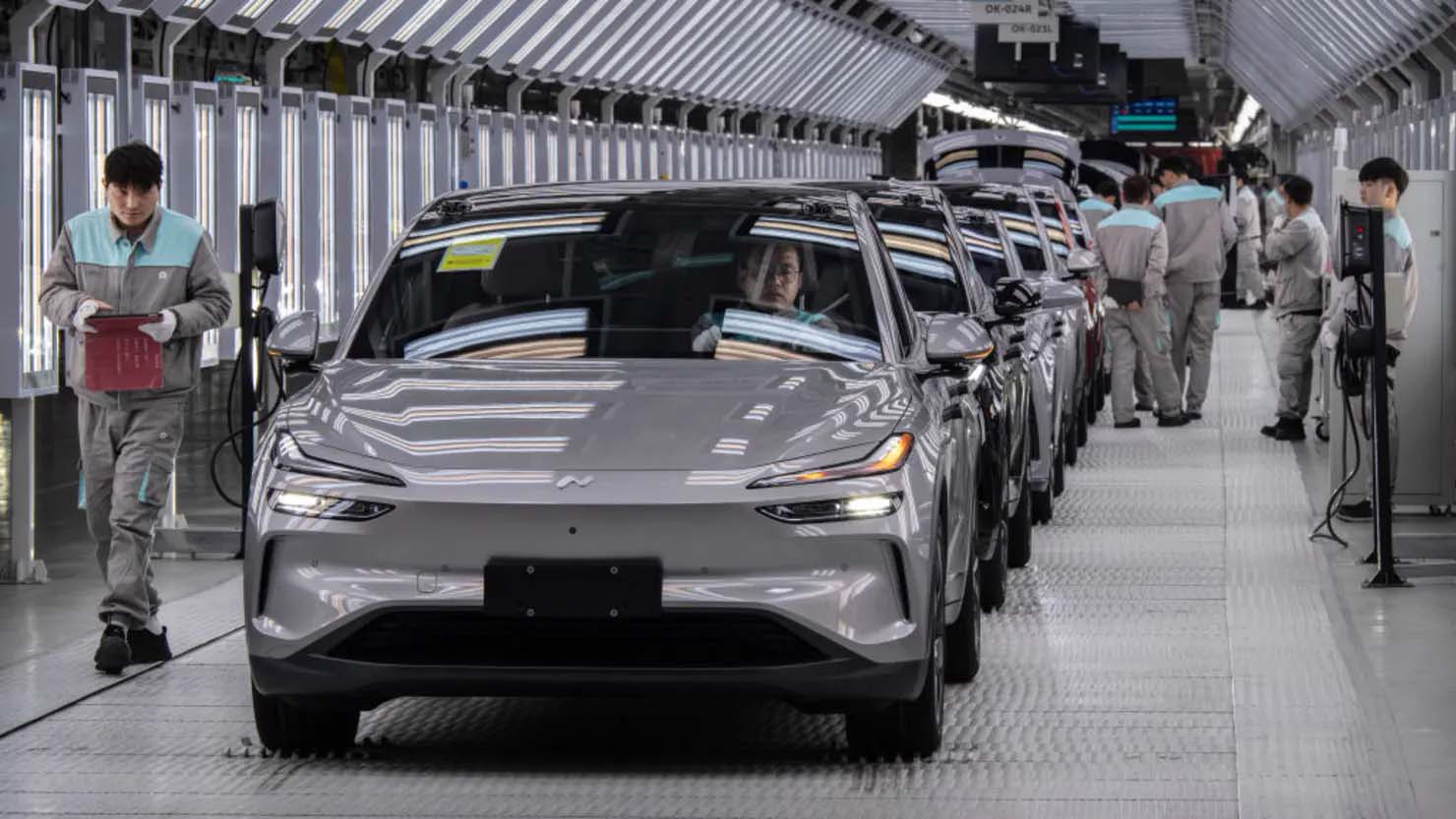In China, there is another round of aggressive competition in the fast-growing instant commerce sector-a direction based on the delivery of goods in 30 minutes or less. The focus is not on innovation, but on unprecedented discounts and billions of dollars in subsidies handed out by leading players in the digital economy to maintain or increase their share in a saturated market.
E-commerce and delivery platforms-from traditional giants to technological newcomers-tap into metropolitan-scale logistics, relying on an army of scooter couriers. We are talking about a segment that covers food, beverages, household goods, electronics, and even fast fashion. The massive adoption of digital wallets and instant payments has provided a convenient infrastructure, but speed and price remain the main currency in this confrontation.
Market analysis shows that the largest players — JD.com, Alibaba and Meituan-used large-scale dumping tools. Prices for individual items fell to a level close to cost: coffee for 2 yuan (about 28 cents), lunch for 9 yuan, delivery of sets from fast food restaurants — with a minimum mark-up or even free of charge.
The trigger for the escalation was the exit JD.com in the ready-to-eat delivery segment, previously almost entirely controlled by Meituan. In response, Meituan launched a 24-hour flash-shopping platform with the promise of delivery within 30 minutes, including food, drinks, and appliances. Alibaba has activated Taobao Instant, supporting the platform with a 50 billion yuan subsidy package.
The massive distribution of coupons, promo codes, and cashbacks increased the daily volume of orders to record levels. In just one day in July, Meituan registered 120 million orders, which caused a temporary server outage. Taobao reported 200 million orders per day. Following this, JD announced a second subsidy package worth 10 billion yuan under the Double Hundred Plan program.
Formally, companies explain this policy by supporting small and medium-sized businesses, accelerating digital transformation, and creating a new consumer culture. But the real goals are to fight for control of the now-delivery ecosystem, from logistics to user behavior analytics.
For investors, this means higher operating expenses, lower profitability, and a short-term deterioration in performance. Special offers JD.com Since the beginning of the year, we have lost 10%, Meituan-more than 20%. Analysts estimate that JD may have lost more than 10 billion yuan in the second quarter due to the active promotion of the delivery service. At the same time, the company has won only about 10% of the instant logistics market, processing about 20 million orders per day.
State regulators expressed concern about the situation. In May, the antimonopoly authority summoned three leading companies to an explanatory meeting, pointing out the need to comply with fair competition laws. Representatives of the retail industry, especially in the small business segment, complained about the devastating impact of the "race to decline" on prices and margins. However, neither calls for self-regulation nor consultations with the authorities have yet changed the market dynamics.
Against the backdrop of a price war, consumers in the short term get a clear benefit-access to cheap and fast-delivered goods. However, the sustainability of business models is questionable. Dependence on subsidies makes companies vulnerable to regulatory restrictions, changes in central government policies, and depletion of investment resources.
Profit figures for the first quarter of 2025 are still encouraging: JD increased operating profit by 31%, Meituan-by 63%. But the second quarter, according to the economists surveyed, will show a decline both in annual and quarterly comparison. Losses in JD's foodtech business are expected to increase due to excessive delivery subsidy costs.
The question that now faces all players is: how long will the race for the user last? And how long can the market withstand artificially supported competition without forming a sustainable economic model? With slowing growth, pressure on consumer spending, and international instability, China's instant commerce market is becoming the litmus test of Beijing's entire technology strategy.











